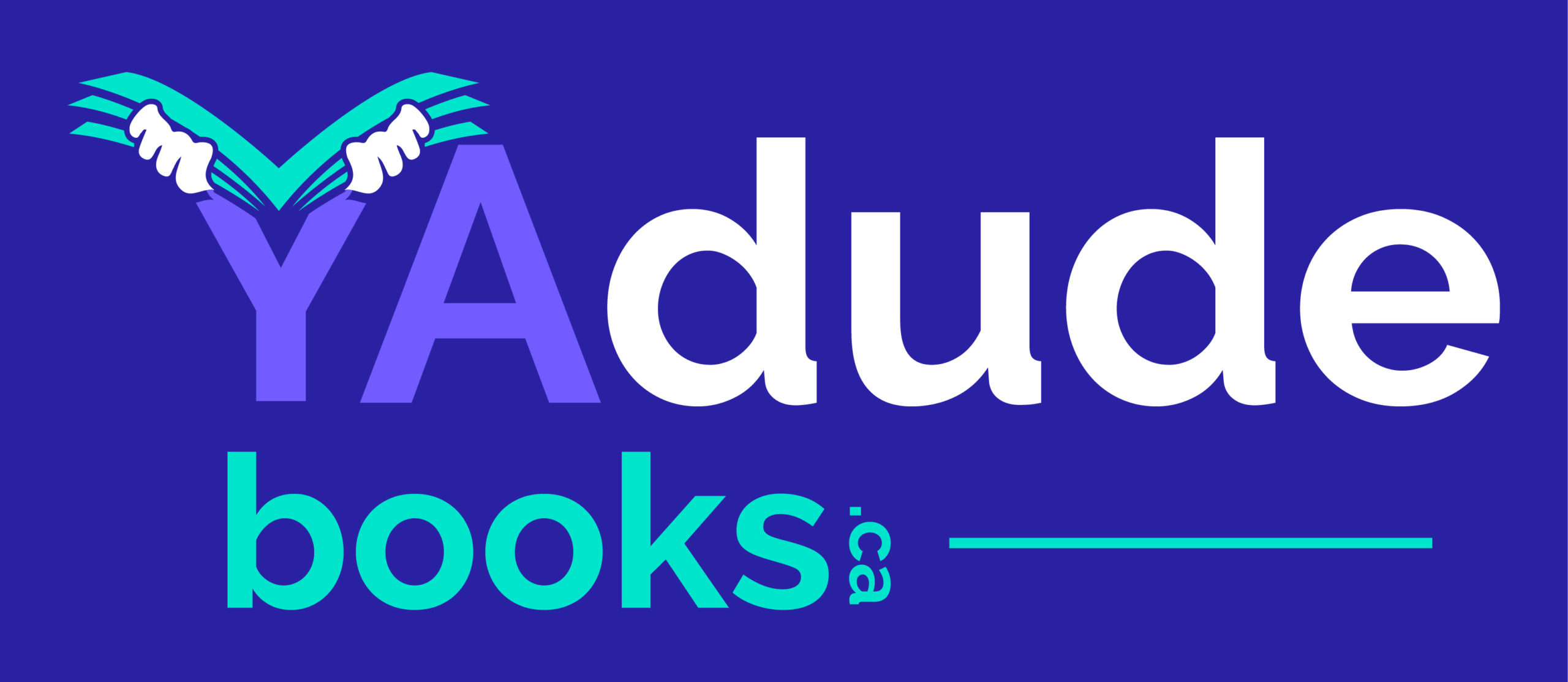Stephen Chbosky
Stephen Chbosky, a screenwriter and producer/director of both films and television shows, has written two spectacularly successful young-adult novels: The Perks of Being a Wallflower and Imaginary Friend. The former spent over a year on the New York Times Bestseller list, is published in 31 languages and was made into a (Chbosky-produced) film. Imaginary Friend debuted as a Top Ten New York Times Bestseller.
Stephen has also directed, written, produced or been involved with numerous films and television shows, from the smash-hit musicals Rent and Dear Evan Hansen to Beauty and the Beast (starring Emma Watson), Wonder and Jericho.
Born and raised in Pittsburgh, Pennsylvania, Stephen has described himself as a shy, athletic Catholic boy who enjoyed music and classics, horror and fantasy, particularly J.D. Salinger’s The Catcher in the Rye and the writings of F. Scott Fitzgerald and Tennessee Williams. He connected with coming-of-age stories because “they’re timeless.”
Stephen graduated from the University of Southern California’s Filmic Writing Program. He lives in New York with his wife and two children. Follow Stephen on Twitter @StephenChbosky.
Q: What is it that makes your novels resonate so spectacularly well with young people?
A: I think the real answer changes with each reader. But if I were to generalize, most of the people who responded to Perks or Imaginary Friend did so because they saw themselves inside the story. To some people, these weren’t books as much as mirrors. Mirrors that gave comfort, hope, support, and made people not feel alone. Young people face so many issues. So many of them are swept under the rug. I wanted my books to lift the rug and let the light in.
Q: When you trade in your director’s hat for your writing hat, what changes?
A: I become much more internal. I find writing much harder than directing. It is a solitary experience, and I have become more social over the years. But the creative impulse is the same. I close my eyes and try to create something honest. An image. A line of dialogue. A character. When I’m writing, I only have my brain and a keyboard to achieve this. When I’m directing, I have amazing actors, artists, crew, cameras, music, sound and hundreds of people to do the same thing. The former is less stressful. The latter is more fun.
Q: Assuming you’re already imagining the movie script as you write a novel, how does that influence the writing?
A: I actually have a rule that I am never allowed to limit a novel to make it easier to adapt. The book is the book. The movie is the movie. Always. That said, if I see an image in my head as I write prose, I automatically think about how I would shoot it. I think that happened as the result of my education. I never took a traditional prose writing class. Nearly all of my training is either screenplay or film related.
Q: What do boys in particular need from young-adult novels, and why have both your novels been in a boy’s point of view?
A: Again, I think what each boy needs is as unique as he is. But in general, I think boys need places where they can feel their emotions without fear of ridicule. The world has gotten much better in this respect, but there is still a long way to go. I wrote both novels from a boy’s point of view because both books are very personal to me.
Q: How has being a dad affected your work for young adults?
A: It is night and day. I started writing Imaginary Friend before I had children. I finished the novel after my daughter and son were born. The novel completely changed as a result. It would take volumes to describe how. In hindsight, I am quite glad I made the Perks movie before I had kids because I don’t think I could have taken what Charlie went through after they were born. As any parent knows, it is much harder to watch your children suffer injustice, pain or disappointment than to experience your own.
Q: So — one provocative, hilarious and intimate novel, and one horror novel. Can you share your thoughts on that transition and tell us what’s next?
A: What an interesting question. You might be surprised to know that for me, there was not much transition between the two. There are aesthetic differences, of course. First person vs. third person. Epistolary vs. traditional prose. Coming of age vs. horror. But that’s style. Substance is something else. And if you peel back the layers of the onion, you will find that the novels are actually linked thematically. Both are deeply personal to me. Both deal with most of the same issues. In the end, trauma is trauma. Catharsis is catharsis. Growing up can be hell. And seeing the light — whether it’s the end of the Fort Pitt Tunnel or a 100 billion stars — is seeing the light.

